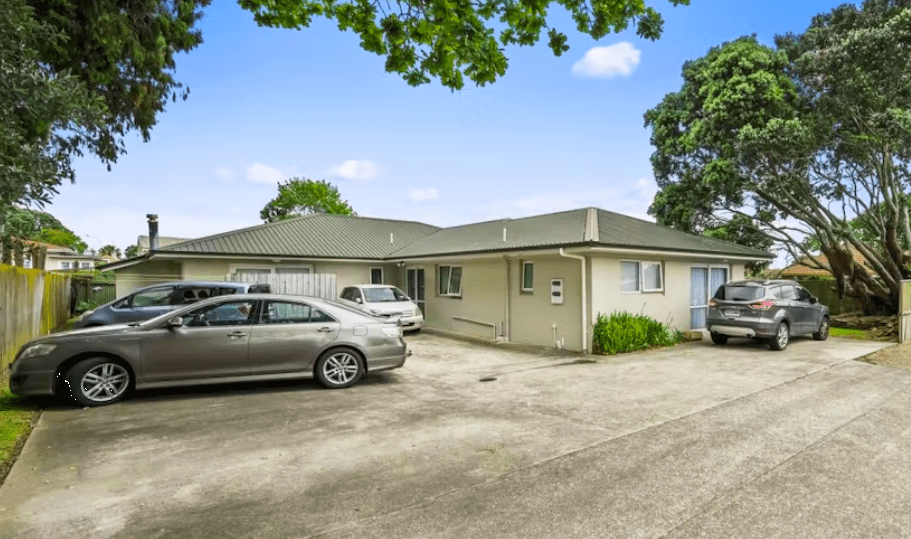In New Zealand, the rental housing market presents a unique set of challenges for both landlords and tenants. One of the key issues lies in the construction of the houses themselves. Many rental properties in NZ are built primarily with timber, which comes with its own set of drawbacks. From vulnerability to fire hazards to the ease of damage, these homes often fall short of meeting the needs of both landlords and tenants. However, there’s a compelling solution: concrete homes.
Timber houses, commonly found in New Zealand, pose several challenges when it comes to rental properties. Let’s delve into some of the issues:
- Fire Hazard: Timber houses are more susceptible to fires compared to their concrete counterparts. In a country where bushfires are not uncommon, this poses a significant risk to both property and lives.
- Vulnerability to Damage: Timber-framed houses often feature Gib board walls, which are prone to damage. Holes can easily be punched through, leading to increased maintenance costs for landlords.
- Maintenance Intensive: From replacing torn wallpaper to dealing with worn-out carpets, timber houses demand frequent maintenance, adding to the expenses and hassle for landlords.
- Limited Durability: Timber structures are generally less durable than concrete ones, making them more prone to wear and tear over time.
- Insufficient Insulation: Timber homes may lack adequate insulation, leading to higher energy costs for heating and cooling, which is not ideal for tenants.
- Fire Resistance: Concrete houses are virtually fireproof, offering enhanced safety for both occupants and property.
- Durability: Concrete structures are known for their longevity and resilience, requiring minimal maintenance over their lifespan.
- Improved Insulation: Concrete homes provide better insulation, leading to reduced energy costs for tenants and a more comfortable living environment.
- Customizable: While concrete walls are typically painted white, tenants can personalize their living spaces by painting the walls as they desire, provided they return them to white before vacating.
- Minimal Leakage: Concrete homes are less prone to leaks and water damage compared to timber-framed houses, ensuring a drier and healthier living environment.

